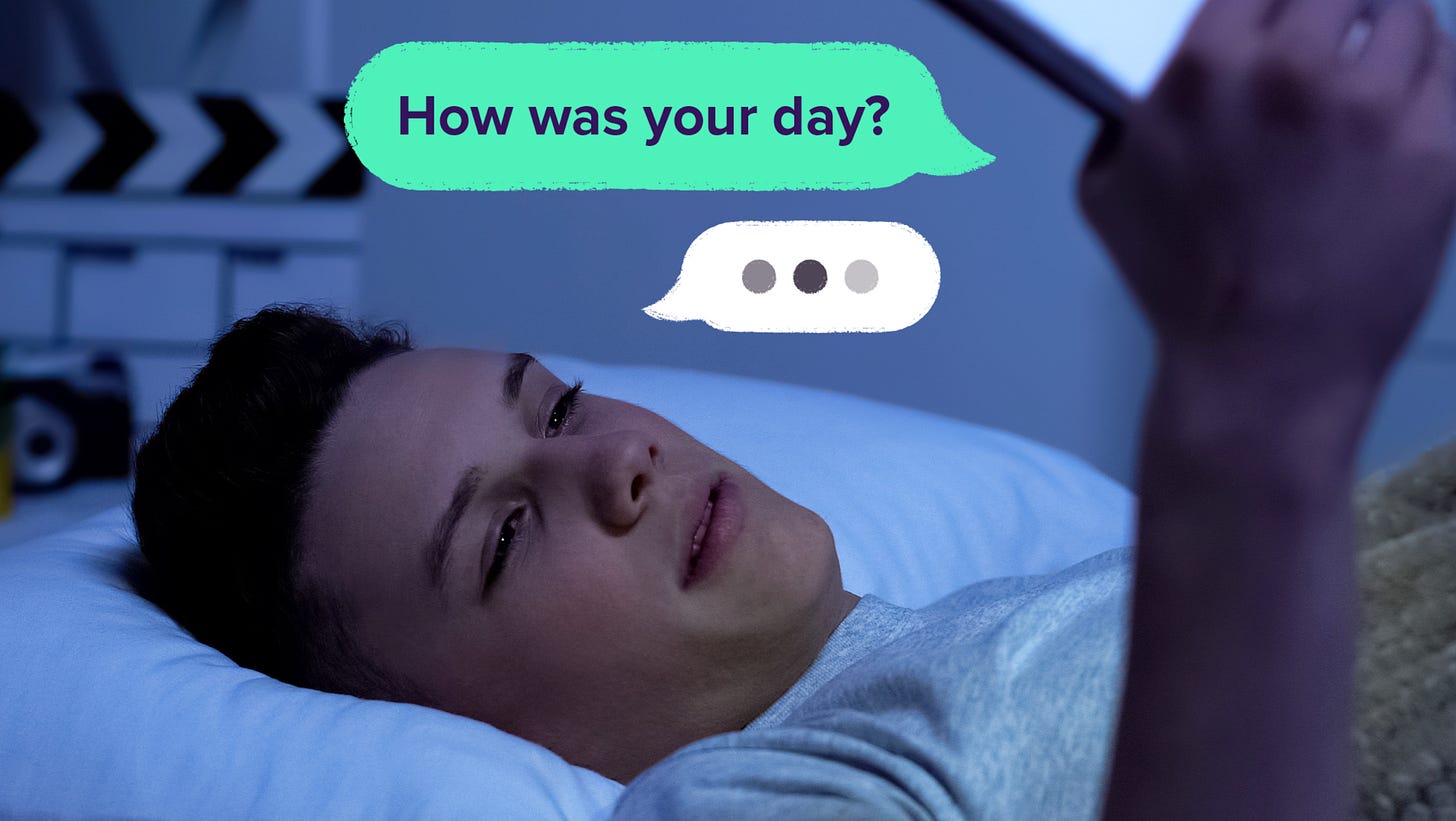Self-extinction
Our youngest generation seems intent on self-extinction, and no one is stopping them
It seems much of humanity has lost its will to survive. Not only have swaths of people (see: Canada) given up on freedom, liberty, and happiness, but they seem to have given up on humanity entirely.
You could argue this from a variety of angles, I’m sure—the depopulate-the-earth-to-save-the-earth people might be an obvious place to start; or the harm re…




